This book which is the outcome of Dr. Amit Dey’s Ph.D. thesis under the University of London, analyses the various economic, social, religious and ideological factors responsible for the growth of a new self-consciousness among the Bengali Muslims, a development which was partly related to the emergence of the Bengali Muslim middle class. The growth of this self-consciousness among the Bengali Muslims coincided with the development and enhancement of a Prophet-centred piety in the region from the late nineteenth century. This increased focus on Muhammad was reflected in the swelling volumes of sirats, mauluds and folk songs. These sources have been studied to explore the different forms of self-definition of different classes of Bengali, Muslims, in course of which it has been shown that the Prophet-centred consciousness was not merely confined to the urban middle class but also engulfed the Bengal countryside. The emergence of the Prophet-centred piety has also been studied in the context of Christian missionary activities, Hindu revivalism, Brahmoism and gender discourses. The veneration of the Prophet found strong historical backing in the traditional Sufi movement, which influenced the folk singers. This veneration received a new dimension under the Islamization and modernization process when ecstatic and intercessory Sufism was being replaced by an active reinterpretation of Islam where individuals increasingly became their own interpreters. It has been shown how the utilization of the print media facilitated the transition of the Bengali Muslim poetry from custom to scriptural fundamentalism. Bengali sirat literature produced by the non-Muslim writers and some liberal Muslims represented another trend which although faint, tried to promote a better understanding between the different communities in the declining plural society of nineteenth and twentieth century Bengal.
Islam in South Asia
$25.20
$28.00

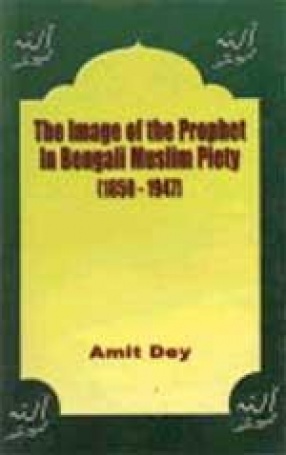
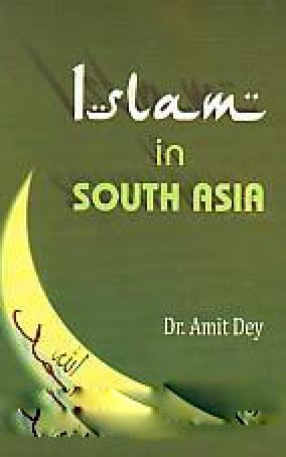
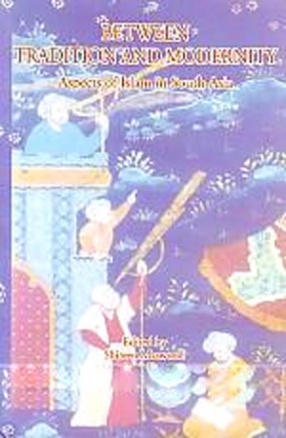
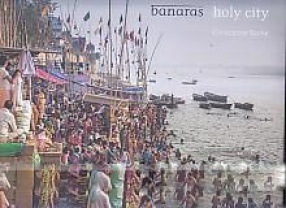
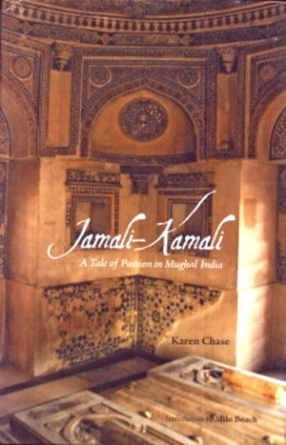

There are no reviews yet.